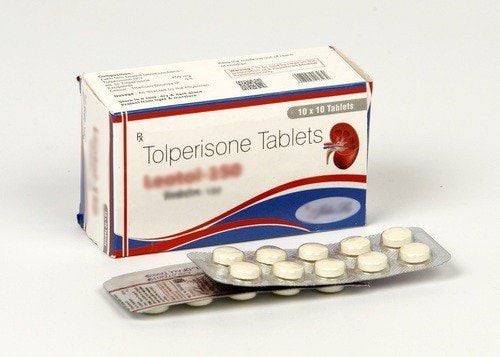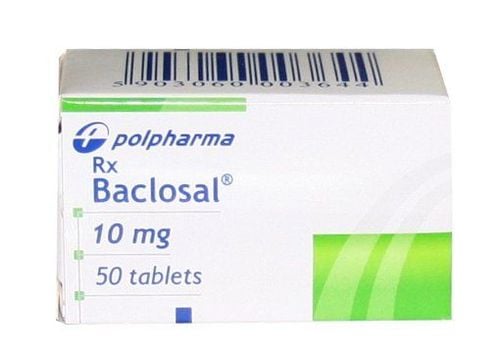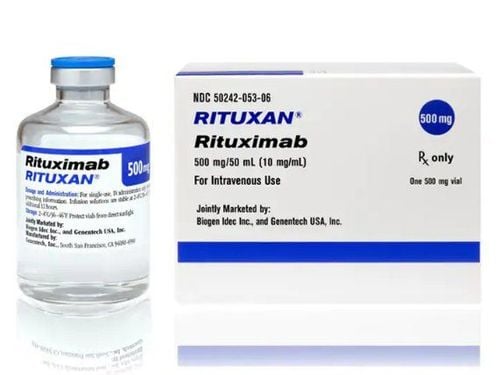This is an automatically translated article.
Dangerous complications of multiple sclerosis can lead to paralysis, loss of mobility, language or vision... Therefore, it is important to diagnose multiple sclerosis in order to have treatment. appropriate to limit the complications of the disease is very important.
1. Diagnosis of multiple sclerosis
Because multiple sclerosis affects the nervous system, cognitive disturbances can occur. Patients may experience problems with language, memory, trouble with organization, shorter attention spans. However, only about 5-10% of people diagnosed with multiple sclerosis have cognitive disturbances so severe that they interfere with daily life. Therefore, it is very important to diagnose multiple sclerosis in order to have appropriate treatment to limit the progression of the disease.
The main diagnostic criteria for multiple sclerosis are blood tests, lumbar puncture, magnetic resonance imaging (MRI) and visual evoked potentials (EPT).
MRI shows areas of myelin that are inflamed or destroyed. For a lumbar puncture, doctors will take a sample of fluid from the spinal cord for testing. Meanwhile, EPT monitors any abnormalities in brain function by recording its electrical signals.

Xét nghiệm máu là một tiêu chuẩn giúp chẩn đoán xơ cứng rải rác
2. Treatment of multiple sclerosis
Treatments for multiple sclerosis include:
2.1 Drugs aimed at changing the progression of the disease
Steroids (Corticosteroids): Steroids are usually prescribed if you have a relapse that causes disability. High-dose steroids are usually given intravenously over a few days. Sometimes steroid tablets are used. Steroids reduce inflammation. A course of steroid treatment will usually shorten the time it takes for a relapse. This means that symptoms usually improve more quickly than without this medicine. Antispasmodics to ease muscle spasms. Painkillers are also sometimes needed. There are many specific analgesics available to improve neuropathic pain. Medicines to improve urinary problems. Antidepressants are sometimes recommended if you are depressed. The drug helps to improve erectile problems.

Thuốc giảm đau đặc hiệu có thể cải thiện đau do thần kinh
2.2 Hematopoietic stem cell transplant
For autologous stem cell infusion to treat multiple sclerosis, hematopoietic stem cells are obtained from your body in the bone marrow or blood, selected and stored stored before depleting the immune system by chemicals. The stored hematopoietic stem cells are then passed back to the body. The new stem cells travel down to the bone marrow and over time restore the immune system.
Autologous hematopoietic stem cell infusion can alleviate autoimmune reactions and long-term relapses of the disease. At Vinmec International General Hospital, patients with multiple sclerosis have been treated with autologous hematopoietic stem cell transplantation. Transfusion of autologous hematopoietic stem cells is an attempt to "reboot" the immune system, whose job it is to destroy damage to the brain and spinal cord in multiple sclerosis. For autologous stem cell infusion for multiple sclerosis, hematopoietic stem cells are taken from your body (autologous infusion) from your bone marrow or blood, selected and stored before being depleted. the immune system to the full extent of the chemical. The stored hematopoietic stem cells are then passed back to the body. The new stem cells travel down to the bone marrow and over time restore the immune system.
Please dial HOTLINE for more information or register for an appointment HERE. Download MyVinmec app to make appointments faster and to manage your bookings easily.
MORE
Multiple Sclerosis: What to Know What is Multiple Sclerosis (or Multiple Sclerosis)? Causes of multiple sclerosis (MS)













